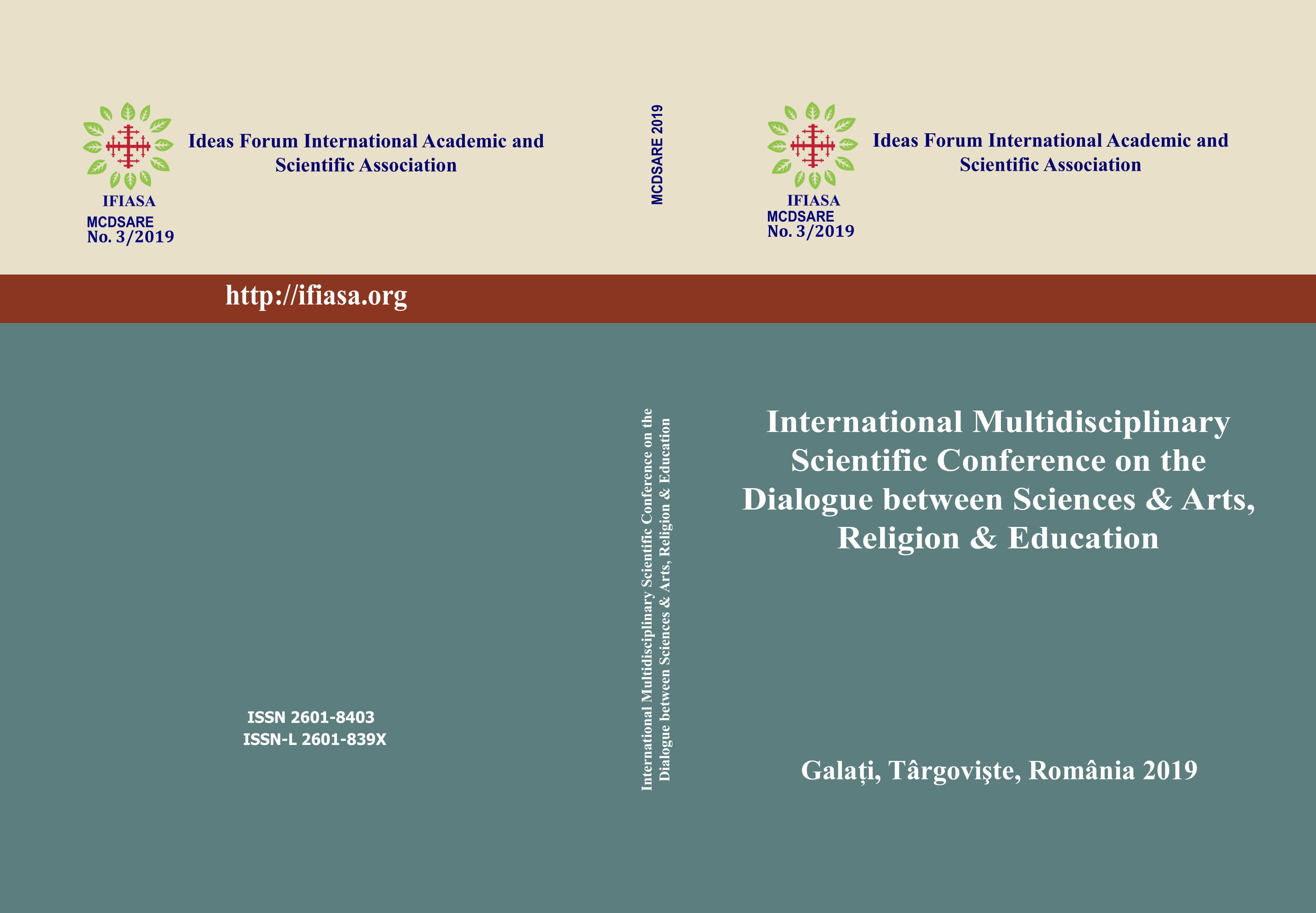THE IMPLICATIONS OF WITTGENSTEINIAN CRITICISM OF
CONCEPTUAL ANALYSIS FOR THE ONTOLOGICAL
ARGUMENT
THE IMPLICATIONS OF WITTGENSTEINIAN CRITICISM OF
CONCEPTUAL ANALYSIS FOR THE ONTOLOGICAL
ARGUMENT
Author(s): Kadir KılıçSubject(s): Philosophy, History of Philosophy, Epistemology
Published by: Ideas Forum International Academic and Scientific Association
Keywords: Anselm; conceptual analysis; language game, meaning; ontological argument; Wittgenstein;
Summary/Abstract: argue that Wittgenstein‟s criticism of conceptual analysis sheds light upon methodological issuesconcerning the ontological argument. Though Sidiropoulou provides a Wittgensteinian analysis of theontological argument, nobody has yet pointed out how methodological insight from Wittgenstein‟srejection of conceptual analysis provides the ground for Wittgensteinian analysis of the ontologicalargument. In Philosophical Investigations, Wittgenstein defends that the idea of language games providestools for the rejection of a unified conception of meaning in language, and thus of the thesis of conceptualanalysis that meaning analysis is formed by necessarily true statements. His arguments for familyresemblances attack to the idea of conceptual analysis that meaning analysis is in the logical form of abiconditional which is universally quantified. Wittgensteinian points on first-/third person asymmetry isto reject the idea in conceptual analysis that meaning is analyzed a priori by the apparatuses of logic. Allthis discussion is applicable to questions concerning the evaluation criteria of the ontological argument.Firstly, when the Christian-Medieval language game is characterized on the basis of its function andgrammar, how conceptual analysis of God and analysis of statements like „God exists‟ in an ontologicalargument, in isolation, goes wrong is clarified. Secondly, since this religious lamguage game is dissimilarto descriptive/factual language game in the sense that the function of the former is not to describe anyfact, rather it is the awowal of faith; the application criteria for sentences in the form „x exists‟ are not thesame with that. Thirdly, similar to pain-language game, it requires a community to make sense themeaning of God, thus forms of life are prioritized. The implication is that, in a Wittgensteinianframework, an interdisciplinary methodology should be followed to evaluate the ontological argumentthat does not make any sense in abstracto.
- Issue Year: 3/2019
- Issue No: 3
- Page Range: 49-55
- Page Count: 7
- Language: English

